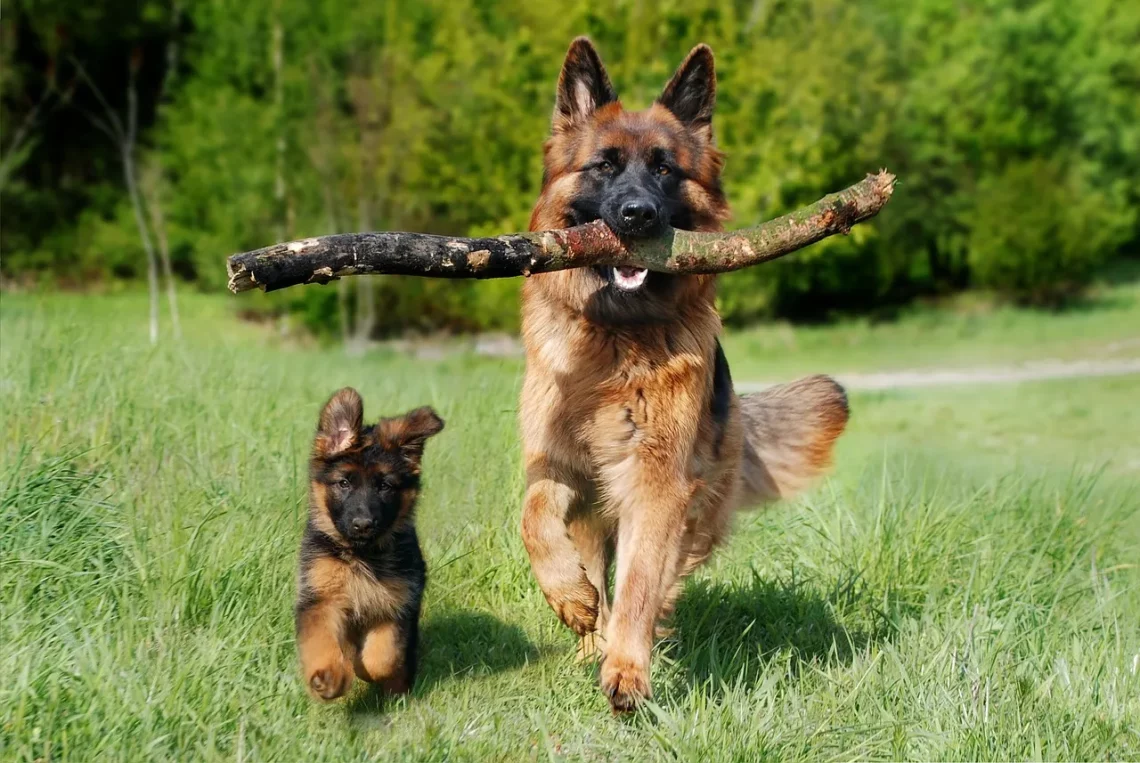-
Effective Strategies to Stop Your Dog from Barking in the Crate
Crate training can be a highly effective method for teaching your dog good behavior, but it often comes with its own set of challenges, particularly when it comes to barking. Many dog owners face the frustrating situation of their pets barking incessantly while confined to their crates. While barking is a natural form of communication for dogs, excessive barking can disrupt your household and create tension between you and your furry friend. Understanding the underlying reasons for this behavior is crucial to finding effective solutions. When dogs are placed in a crate, they may feel anxious, bored, or frustrated, leading them to vocalize their distress. This response can be particularly…
-
Understanding Why Your Dog Won’t Stop Whining and How to Help
Understanding why your dog won’t stop whining can be a perplexing and often frustrating experience for pet owners. This vocalization, while common, can stem from a myriad of reasons, each requiring a careful understanding and approach. Dogs, much like humans, have their own ways of expressing emotions and needs, and whining is one of the primary methods they use to communicate. If your dog is frequently whining, it isn’t merely a nuisance; it’s a call for attention, an expression of discomfort, or possibly a sign of anxiety. Recognizing the underlying cause of this behavior is crucial, as it allows you to address the root issue rather than just the symptom.…
-
Understanding Why Your Dog Barks in the Crate at Night and Solutions
Understanding why your dog barks in the crate at night can be a perplexing challenge for many pet owners. The sound of a barking dog can disrupt the tranquility of the night, leading to frustration for both the pet and its owner. It’s essential to recognize that barking is a natural form of communication for dogs, and understanding the underlying reasons can help you address the behavior effectively. When dogs bark in their crate, it can stem from various factors, including anxiety, boredom, or even a desire for attention. Just like humans, dogs can experience emotions that influence their behavior. Moreover, the crate, often regarded as a safe haven for…
-
Understanding Why Your Dog is Panting at Night
As the sun sets and the world quiets down, many dog owners may find themselves puzzled by the sound of their furry companions panting through the night. This behavior can evoke concern and curiosity, leading to questions about its causes and implications. Panting is a natural response for dogs, but when it occurs at night, it can disrupt the peace of the household and raise alarms for pet parents. Understanding the reasons behind this nocturnal panting can help owners address their pet’s needs more effectively and foster a healthier environment for their beloved companions. Dogs, much like humans, can experience a variety of emotions and physical sensations, which can influence…
-
Understanding Dog Nose Dripping Due to Anxiety Symptoms and Solutions
As a dog owner, observing your furry friend’s behavior can often provide insights into their emotional and physical well-being. One noteworthy phenomenon that some pet owners may encounter is a dripping nose in dogs, particularly when they seem anxious. While it may seem like a mere nuisance, understanding the underlying causes of this symptom can significantly enhance your dog’s quality of life. Just like humans, dogs can experience anxiety, which can manifest in various ways. This article delves into the complexities of dog anxiety and its symptoms, focusing specifically on the often-overlooked issue of nasal dripping. Anxiety in dogs can arise from numerous sources, including changes in their environment, traumatic…
-
Why Is My Dog Breathing Hard? Common Causes and Solutions
Breathing is a fundamental aspect of life for all living beings, including our beloved canine companions. As dog owners, we often find ourselves closely monitoring our pets’ health and behavior, including their breathing patterns. While it’s normal for dogs to breathe heavily after exercise or during moments of excitement, there are times when heavy breathing can signal something more serious. It can be alarming to witness your dog panting or breathing hard, especially if it seems out of character for them. Understanding the reasons behind such behavior is crucial for ensuring your dog’s well-being and addressing any potential health issues. Dogs communicate with us in various ways, and their breathing…
-
Understanding Your Dog’s Nighttime Whining: Common Causes and Solutions
-
Understanding Dog Quivering Back Legs: Causes and Solutions
Understanding the nuances of canine behavior and health is vital for any dog owner. One phenomenon that can cause concern is the quivering of a dog’s back legs. This involuntary shaking can be alarming to observe, prompting many owners to wonder about its causes and implications. Whether it occurs during moments of excitement, anxiety, or even at rest, understanding why your dog might experience this quivering is essential. Dogs are complex creatures, and their physical reactions can be influenced by a variety of factors, including their emotional state, physical health, and environmental stimuli. Quivering legs may be a sign of excitement, but it can also indicate discomfort or underlying health…
-
Understanding Why Dogs Breathe Heavy and When to Seek Help
Understanding why dogs breathe heavily is a topic that many pet owners may encounter at some point in their lives. Dogs, much like humans, have various breathing patterns that can change based on their environment, physical condition, and emotional state. As a pet owner, it’s essential to be aware of these changes, as they can indicate different levels of health and well-being. Heavy breathing in dogs can stem from a variety of causes, ranging from simple excitement to more serious health concerns. When we observe our furry companions, we often focus on their playful antics or affectionate behavior. However, the way they breathe can be just as telling. Just as…
-
Signs Your Dog Is Adjusting Well to Its New Home
Bringing a new dog into your home can be an incredibly rewarding experience, filled with excitement and anticipation. However, it can also be a time of uncertainty for both the pet and the owner. Just like humans, dogs can experience a range of emotions when faced with a new environment. Transitioning from a previous living situation to a new home can be overwhelming for a dog, and understanding how to gauge their adjustment can help ensure a harmonious relationship. The process of acclimating to a new home varies from one dog to another, influenced by factors such as age, temperament, and past experiences. As a dog owner, it’s essential to…





































